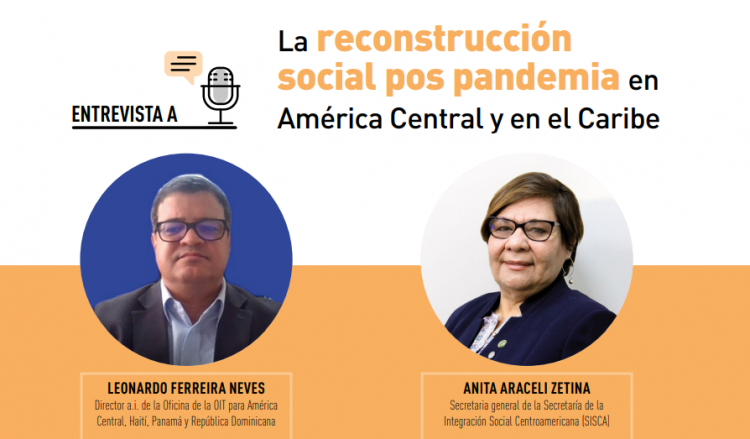By Alfredo Luis Somoza, president of ICEI

One element that differentiates “each side of the Atlantic”, Europe and Latin America, is the difficulty on the Latin American side to establish a social pact that can open the door to policies of inclusion and environmental protection. In Europe, on the other hand, there has been a tradition of social welfare policies based on a social welfare pact since the beginning of the last century that spread, particularly after the Second World War, until it became established as a sign of continental identity. Progressive taxation, social care, respect for individual and collective rights and protection of nature are hallmarks of the current “European model”. For many Latin American countries, the definition of a “democratic pact” in the years following the dictatorships of the 1970s was a one-of-a-kind moment, but issues such as the social pact, fiscal justice and social welfare are still not enjoyed by many.
The return to democracy was more effective politically than socially. In other words, there are some countries with systems that might be classed as welfare states, and others with a good level of public service, but in which the Anglo-Saxon-style market model has led to unbridled privatisation or degradation of universal public service. Paradoxically, the pandemic has exposed the limits of both models. In the case of Europe, where ultra-specialisation and concentration in large hospitals is advancing, healthcare systems have been ineffective in stopping the spread of infection, especially due to the neglect of territorial health services in recent years. There were large, excellent structures in place, but there were no domiciliary services or support structures for people who had not option but to go through the disease at home. From this point of view, Latin American countries with fewer resources but with territorial assistance networks managed to do more in a situation that took a part of European healthcare by surprise. In Latin America, public health, the only modality available to the poorest citizens, has collapsed due to a situation which exceeded the availability of resources and supplies in many countries. In these countries, and others, the impact of the counter-reforms of the preceding decades, which has reclassified healthcare into two antithetical categories: private healthcare for those with money and low-level public healthcare and without resources for the poor, suddenly became clear. Therefore, the pandemic struck across all classes in Europe, touching all segments of society; while in Latin America it was especially tough for those unable to pay for private services, living in precarious situations and with no resources to protect themselves. In short, social exclusion fuelled the pandemic in Latin America.
The other emergency that has emerged in parallel with the pandemic is the climate emergency. There are marked differences between Europe and Latin America in this field. Europe has a shared and binding environmental policy. In Latin America, each state is responsible for the environmental issue policies can change radically with the change of government. The consequences of climate change and the revolution in the world of work that the ecological transition implies should be part of the essential social pact together with the chapters on inclusion and social protection. On the one hand, there is a need to take care of people and areas affected by the productive transformations necessary for the ecological transition, and on the other, these transformation processes also require support; from training workers for sectors on the rise to the creation of local social services and creating a social “infrastructure” in areas to which the displaced population is relocated from vulnerable places due to changing weather conditions.
Social well-being and the environment are priority topics on the global agenda for the coming years. Collaboration in these matters between Europe and Latin America ought to be natural given the proximity of culture and values, but also because they are the only two continental “democratic islands” in the face of the advance of authoritarianism. It is important for Latin America to pay attention to the ideas and the process to reformulate the welfare state and economic and environmental policies. It would be wise for Europe to learn from the success achieved in Latin American countries in terms of social cohesion and environmental policies with few resources and plenty of innovation. This partnership can also be of great strategic value to Europe – which is becoming increasingly isolated on the international stage – and for Latin America, which is struggling due to the lack of interest from the United States and the rapid advance of China.


